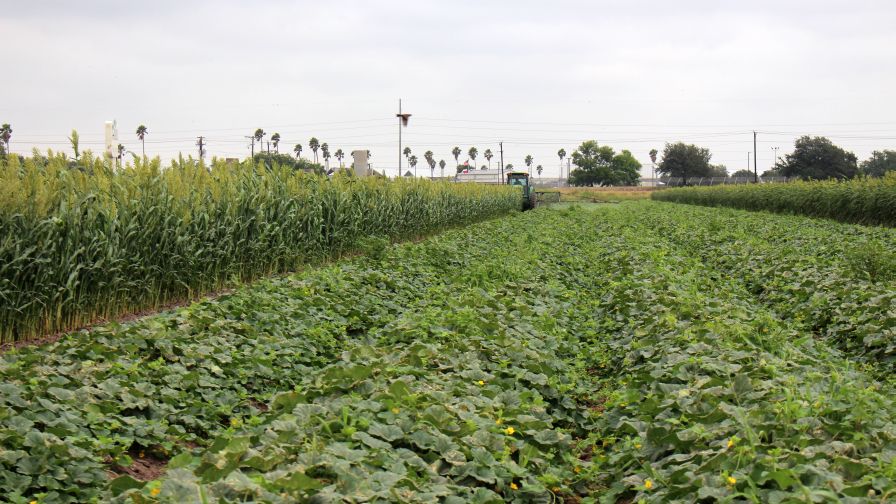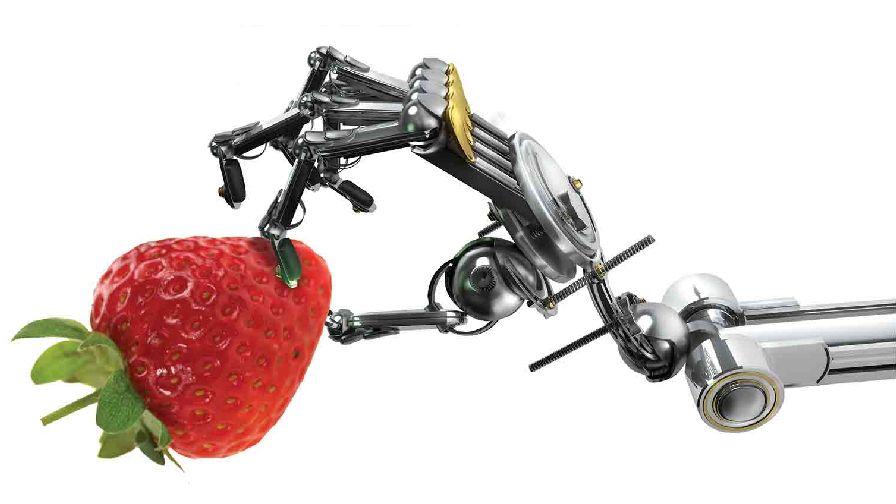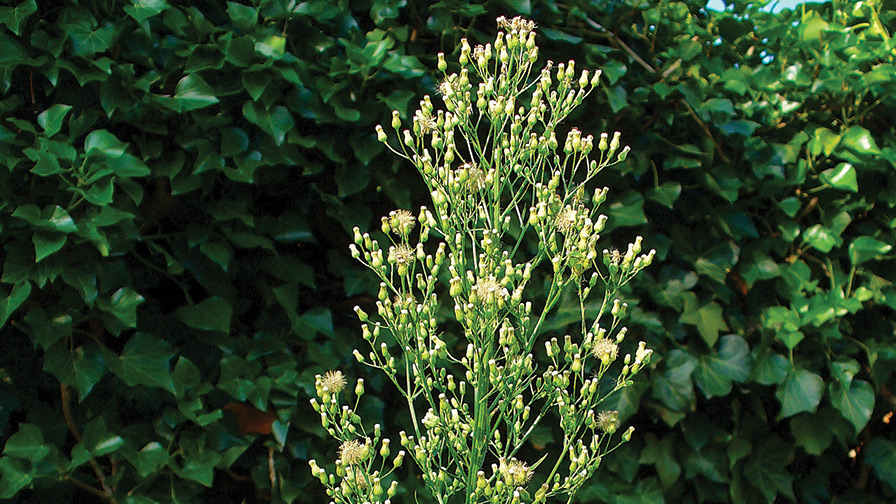I’d like to use this column as an opportunity to thank the citrus industry for its incredible support and cooperation during the past decade that I have served as commissioner of the Florida Department of Agriculture and Consumer Services. We have faced many battles over the years including a massive citrus canker eradication effort, the introduction of citrus leafminer and citrus greening in Florida, trade restrictions resulting from these pests, and significant damage to groves from hurricanes.
However, our growers have persevered. The citrus canker eradication program was successful inasmuch as it kept the bacteria out of the majority of groves for 10 years before legal constraints and hurricanes made it impossible to continue. I believe the delay bought growers some time to establish barriers and take other steps to reduce the impact of canker. There has been a new focus on research on canker and greening that hopefully will result in some methods in the not too distant future to prevent trees from becoming infected or at least, mitigate the damage. Together, we were able to convince USDA to lift restrictions on shipping fresh citrus, restoring some important markets for Florida growers.
Lessons Learned
I had the chance to tour numerous locations following the hurricanes in 2004 and 2005. It was an incredible site, trees ripped out by the roots and citrus strewn across acres of land. However, I did not detect any evidence of growers willing to surrender even in the face of all the destruction. The resilience is sometimes incomprehensible to those who are not at the mercy of the weather to make a living. But we are fortunate it exists in the agriculture community or we would be forced to rely on foreign imports for our food supply much like we do for oil. I’m pleased that Congress recognizes this and subsequently approved funds to help growers recover from the hurricane damage.
The industry worked in conjunction with the department and the U.S. Department of Agriculture to develop a Citrus Health Response Plan. It set up guidelines for best management practices to be followed by growers in all citrus producing states, established a cooperative surveillance program utilizing state inspectors and growers to more effectively detect greening, canker and other diseases, and created new standards for greenhouses to ensure disease free sources of citrus seedlings.
Future Prospects
While the number of acres of commercial citrus groves in Florida has declined in recent years, I do not see that as indicative of the future of citrus. The industry has bounced back from freezes, hurricanes, and other disasters in the past and I expect no less in the future. In fact, citrus will likely play a significant role in the future of biofuels, providing growers with a new revenue source.
Florida will continue to lead the nation in production of citrus, currently at about 76%. This is one of the most significant commodities in this state’s agriculture industry and citrus is synonymous with Florida the world over. I am proud to have been involved in the many opportunities and challenges we have faced and hope I have in some small way had an impact on one of the most important industries Florida has known.
Field Scouting Guide: Horseweed
0
1
5
Florida Department of Agriculture and Consumer Services
Charles H. Bronson is the outgoing Florida Agriculture Commissioner.
See all author stories here.









